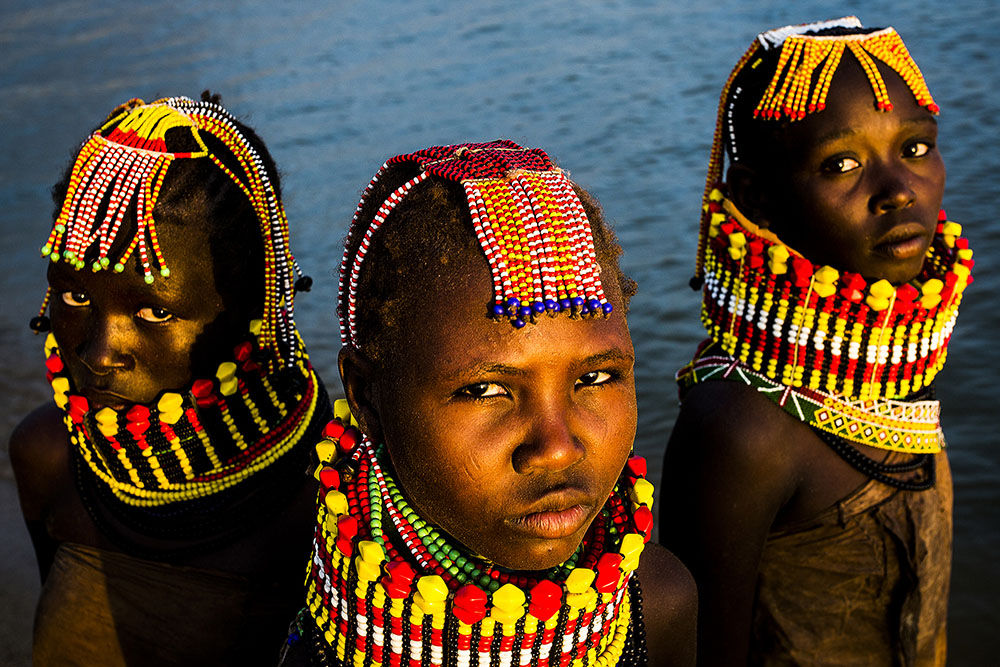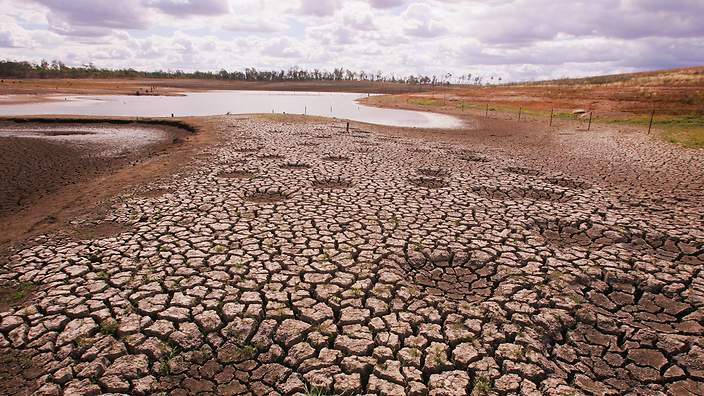Blogs

Since the discovery of oil in Turkana county -located north-west of Kenya- in the year 2012, majority of Kenyans and its stakeholders see only its benefit; i.e. the major economic boost it will give the country, but many are yet to realize the negative effects that it brought along. The indigenous groups that have lived in the area all their lives depend on livestock farming, agriculture, and fishing from Lake Turkana as their main source of livelihood. However, this has greatly been affected by the recent experiences of climate change (heavily brought about by the carbon emissions from the drilling of oil).
The ongoing drought which has lasted for four years now has left thousands of indigenous members of the county dead and many more in desperate need of food and water. According to the NGO, Practical Action, the drought has even forced some people in the Turkana region to eat roots, berries and stray dogs to stay alive. As a result of this natural calamity, several rivers have dried up including: River Turkwel; River Kerio; and River Suguta. The drought has also affected the performance of Lake Turkana and drastically reduced its water levels over the years; to the extent of having it labeled as an Aral Sea in the making. This however, has not only been caused by the drought, but by the government of neighboring Ethiopia as well; seeing that they have chosen to divert the lake’s main source of water into a separate dam. The following video contains more information on this. https://youtu.be/oXJjGQFOEJQ

All communities in Turkana County face serious problems in accessing water. Currently it is recognized that government, CSOs, and more recently oil companies are all playing a role in helping to increase access to potable water across the county by drilling water wells and constructing water pans in key locations. However, communities are adamant that what has been done to date is not adequate and regulation regarding the use of these facilities is too strict. There is also some concern about the quality of the water storage tanks provided by the oil companies - community members say it is only a matter of time before the strong sunlight degrades the plastic and the tanks crack.
Between September and December 2014, Cordaid together with a coalition of Turkana-based civil society organizations (CSOs), carried out a qualitative baseline assessment in Turkana County to gain a better understanding of the perceived community impacts and benefits of oil exploration and related stakeholder dynamics. The research in fact was targeted at identifying and documenting the concerns, fears and hopes of “the smaller voices”, as stated by one respondent in reference to villagers and pastoralists, whose views are not often heard in the policy debates regarding oil development in Kenya.
From the research process, they discovered that communities were concerned about the environmental impacts of the oil industry. The land is the main source of livelihood for local communities (the place they call home) and extremely fragile in this very dry part of Kenya. The Lokipiti plains in north-west Turkana are said to be home to a large variety of wildlife as well as, allegedly, one of four large under- ground aquifers. Of highest concern regarding the impacts on the land is the destruction and felling of trees during oil companies’ seismic surveys and road construction. Environmental conservation is generally linked to the sole expectation that more trees should be planted in the region. One community leader proposed a sort of ‘no-net-loss’ policy on tree-cutting - meaning that for every tree felled as a result of oil exploration activity, another should be planted in its place.
Associated with the call for the establishment of a pastoralist land conservancy is the call for pastoralist land to be designated an environmental conservation area. There is hope among several communities which Cordaid spoke with that by having this environmental designation, conservation efforts will be increased and lead to the establishment of enhanced environmental legislation supporting the development of policies to better protect the environment – notably from oil spills. For more information on Cordaid and all that the organization is doing for Turkana visit www.cordaid.org
In full agreement with the words of Edith Macharia “My plea to the Kenyan Government is that it should begin investing in renewable energy this is where the world is headed. Investors are giving more than 300 billion US dollars for investment in renewable energy such as wind energy and solar power, which are more feasible and cleaner sources of energy. Its therefore upon us to seek funds and contribute to decarbonizing the global economy .This can be done by working towards producing electricity sourced from solar and wind biofuels, bio based products and other technologies such as the hydro, geothermal and fuel cells. The world plan is to phase out the use of fossil fuels by the end of the century. Kenya should therefore just leave her oil deposits where they belong, underground!”
Post comment
1 Comment(s)
Hi Melissa, this is a great example of zooming in and zooming out - looking at the global context and seeing how climate change is manifesting locally. One question, which may or may not be relevant to your final project, is how are the rights of the Turkana Indigenous peoples recognized? In Africa, what is the bigger problem we need to deal with in order to advance the decolonize, decarbonize agenda? I refer you to the video about the role of Inidgenous women - what role(s) do we women play in the drafting of policies and other leadership areas in Kenya, and what challenges and opportunities does this present.
The issue you raise about the lake in Ethiopia is a big one, and speaks to the issue of (colonial) borders - which Indigenous peoples may not necessarily recognize. How can we learn from this?
WIth regards to the discovery of oil, how were Indigenous peoples and the rest of the Turkana communities engaged in the development of the mine. What can these communities learn from Indigenous peoples in Canada, and other mining areas, and from the Alberta "Tar" Sands? What does the government need to learn from this example?
Great work
Lebo

Lebogang Disele
Oct 19, 2017